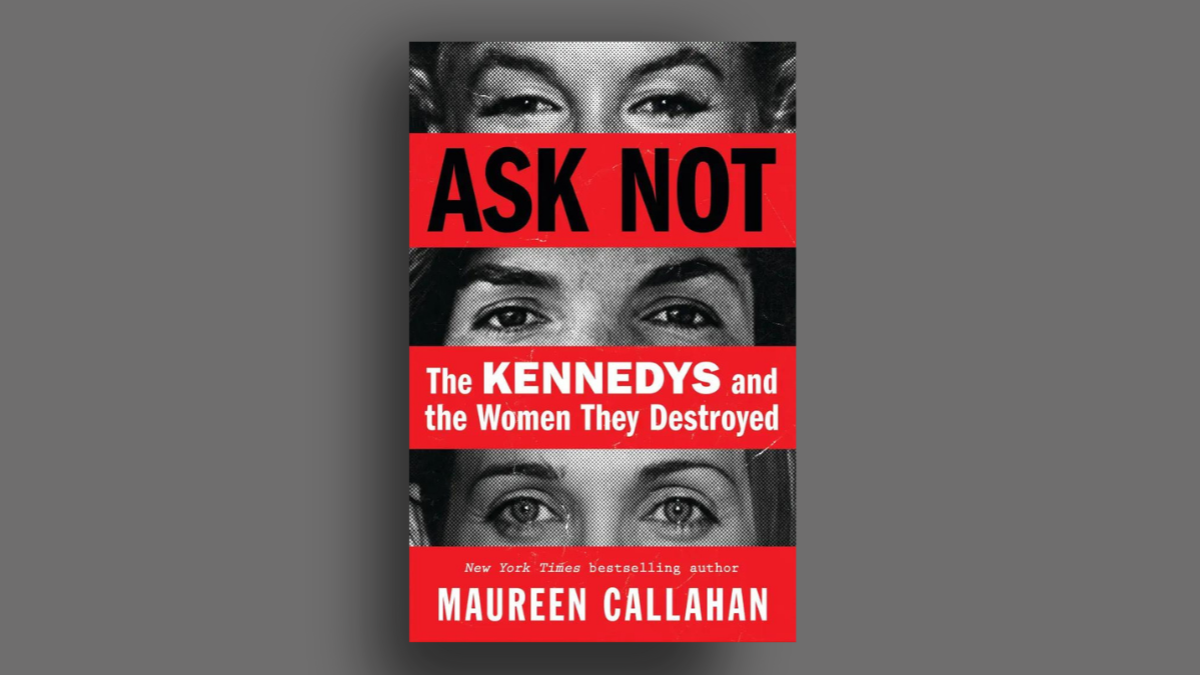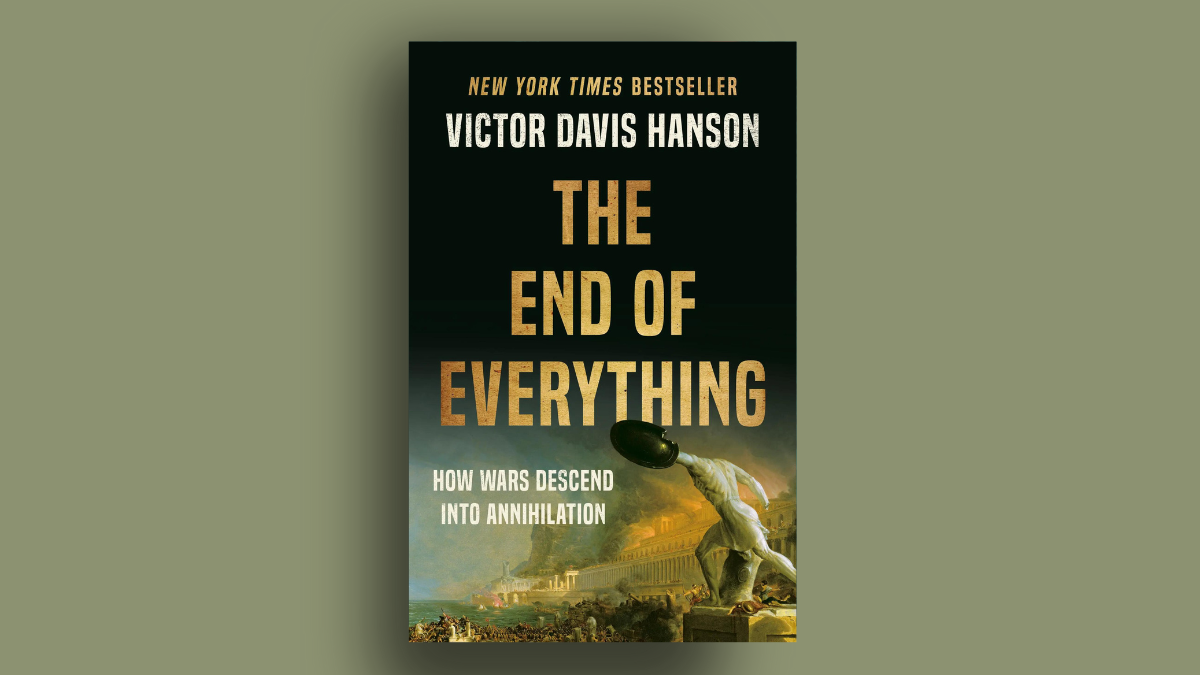
Oprah’s not the only one who wants you to “live your best life.” Syndicated columnist and author Mona Charen does too, and she’s not afraid to say so, even in this era of “no judgment!”
Charen’s vision of the good life is decidedly less about pampering oneself and buying the world’s best products than it is choosing the right values to guide your life. In addition to believing in innate sex differences, Charen is a strong advocate of marriage, family, and the Success Sequence.
Those values will be familiar to social and religious conservatives, as well as Brad Wilcox and Isabel Sawhill’s regular readers. However, they may be new to others, especially millennials and members of Gen Z who have grown up with the fruits, intended and otherwise, of Second Wave Feminism.
Twice recently, I’ve had the opportunity to see Charen speak about these issues, which she addresses in her new book, Sex Matters: How Modern Feminism Lost Touch with Science, Love, and Common Sense. Last month, Charen addressed conservative college women at the Network of Enlightened Women’s (NeW) annual conference, and this past Wednesday, she spoke at an event jointly hosted by the Heritage Foundation and the National Review Institute, which drew both men and women. That crowd was lopsidedly 20-something, but included some Boomers.
In both settings, Charen, who describes herself as an equity feminist (believing in the equality of the sexes), offered a thoughtful critique of where she believes the feminist movement went awry. For example, in explaining why “feminists are perceived as extreme,” she cites “the enmity that feminism introduced between men and women and the coercive totalitarian style they have of forcing an androgynous utopia on us.”
Charen also discussed women’s declining happiness. As she noted at NeW, according to the General Social Survey’s happiness research, “Women were a bit happier than men in 1972, but every year since then, women’s happiness has been lower.”
Charen has some ideas about why that might be, and much of it boils down to increasing instability. She observed at NeW, “Men are more risk-taking. Women are much more likely to worry about threats, like crime and nuclear power.” Charen considers this logical, since women are physically smaller and weaker and likely to feel more vulnerable, especially while pregnant or raising young children.
Charen observed, “When I look around the world that feminists helped to create, families and marriage are weaker, divorce is more common, there’s lots of groping and sexual harassment. Women have to take on so much more responsibility now, with both work and family. Women have many more choices in their lives now, which is good, but there is less security, which makes women unhappy.”
Regarding the best way to be happy, Charen advised the NeW audience, “We’ve been oversold on the importance of career. I say this to men, too. It’s more important to your overall happiness who you choose as a life partner than what you choose to do for your career. Nothing can compare to having a loving, stable family and good home life.” As for the choice to prioritize family over career for a time, Charen, who stayed home to raise her three boys when they were young, advised, “Don’t let people tell you you’re shortchanging yourself. You’re doing something great for yourself, your kids, and society.”
At the Heritage event, Charen added, “It’s such a great privilege and joy to raise children. This is the stuff of life. It brings so much happiness. Feminists had no love for family life or the rewards of being able to raise your own kids, and we need to reaffirm how important that is.”
Charen credits her family life for her personal happiness. Since she also wishes that for others, she worries about the the growing gap in family stability between college graduates, who overwhelmingly continue to live a stable marriage-then-carriage lifestyle, and everybody else.
“We have the distinction of leading the world now in chaotic adult relationships. . . .This affects every racial and ethnic group. It’s now universal in America. . . . This bifurcation of family formation is at the heart of rising inequality in the U.S.,” she observed. That inequality, notably, affects not only educational and economic outcomes, but happiness as well.
Lest everyone feel discouraged, Charen remains optimistic about the future. In answering an audience question at Heritage, she replied, “There’s hope. We can make reforms. There’s some ice breaking on the Left; they’re no longer denying that family structure doesn’t matter, that family doesn’t matter and it’s all about individualism. We’re all creatures of family and tribes and groups, but the family is the essential first building block of a society.”
That’s the key, America. This is how you live your best life, Charen-style.









